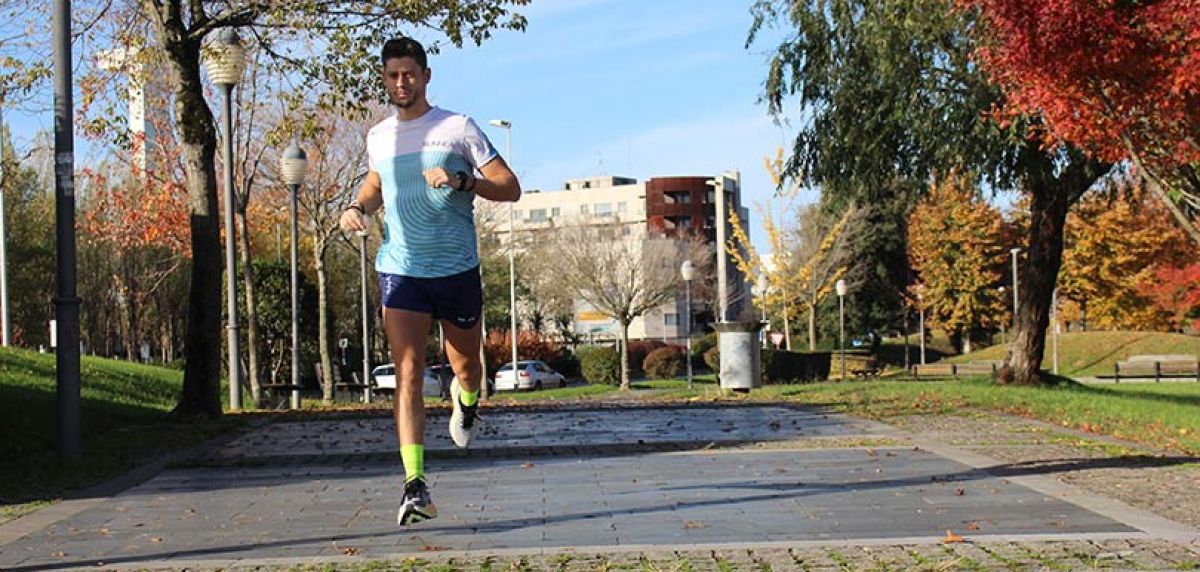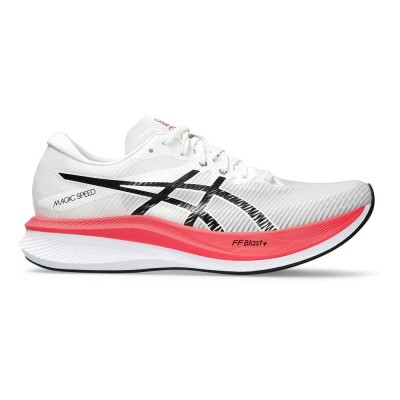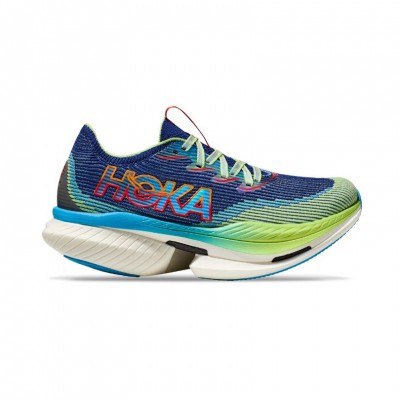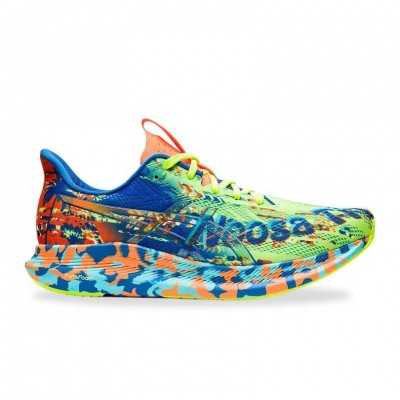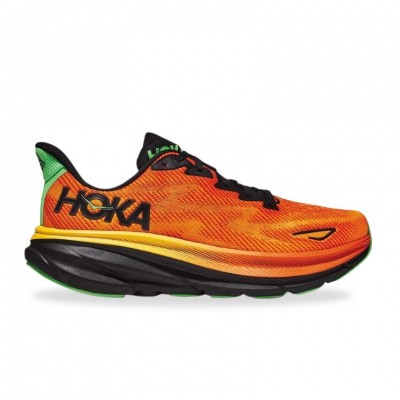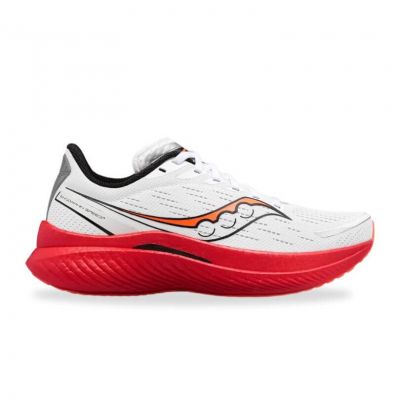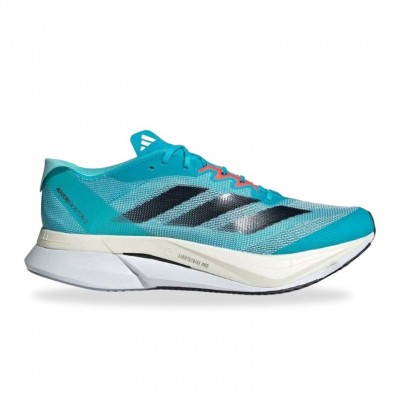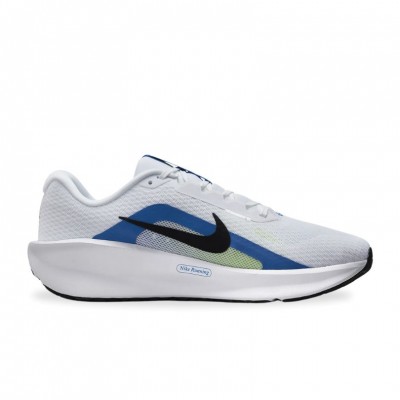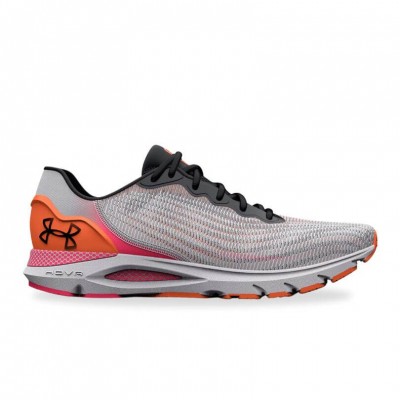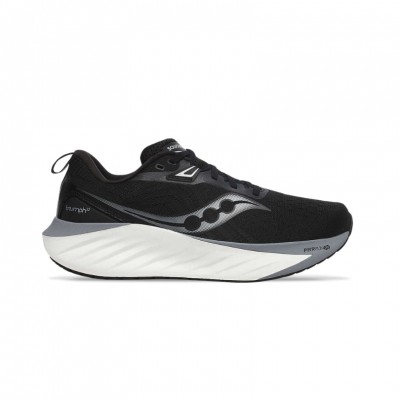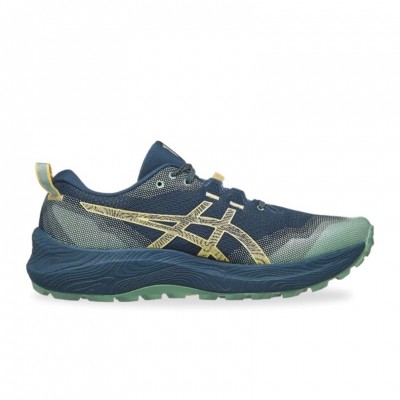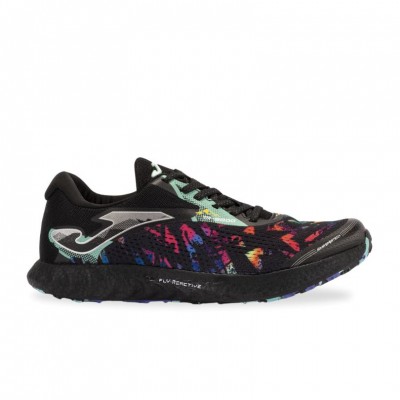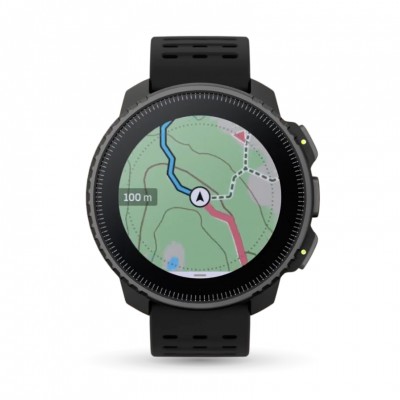The demands of a competition, whatever the distance, are evident from the moment the gun sounds to announce the start. Running, on many occasions, at our maximum capacity is a great effort in which we ask our body to give 100% of its potential. Logically, this results in a state of high stress for our body.
We may think that our effort ends when we cross the finish line, but nothing could be further from the truth. Despite stopping the stopwatch and unbuckling our running shoes, the body still needs a certain amount of time for the recovery and regeneration mechanisms to really do their job, so respecting this process will determine to a large extent whether we are able to recover in a better way.
One of the best ways to know if I am ready to train the day after a competition is to simply listen to my body. Of course, depending on the individual, this is not synonymous with not doing any physical exercise after a race. So that excessive motivation and haste do not become our worst rivals, we at RUNNEA are going to give you some tips to know if it is advisable to go running the day after a competition.
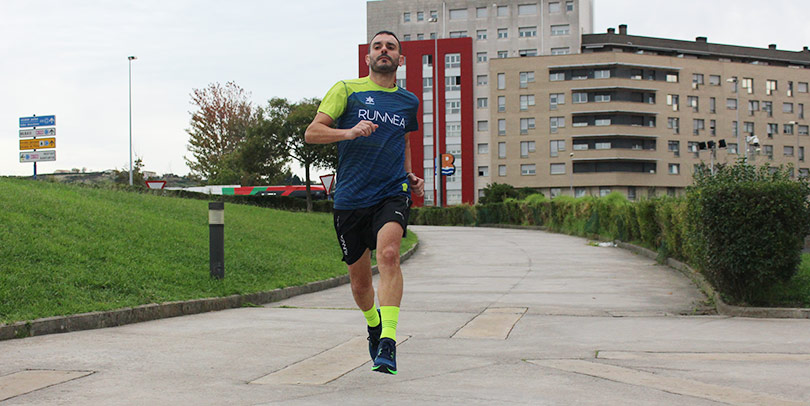
Running after a competition, yes or no?
As it happens with many things in the world of sport and, specifically in running, the answer is: it depends. And what does it depend on? Well, mainly on the following aspects:
Experience and athletic level
Although it does not happen in all cases, runners who have a higher level of physical condition also have the ability to recover better the efforts to be able to continue training the following days. The osteoarticular structure and neuromuscular system show a greater predisposition to tolerate high levels of organic stress, so they are also adapted to recover more quickly and efficiently.
Experience is also a degree. The longer we have been running for, the greater our tolerance is likely to be to withstand stress, both at the cardiovascular level and in terms of the effect of impact against the asphalt. The body is able to adapt to a repeated and sustained stimulus over time, so this triggers a greater protective and regenerative capacity.
Time of preparation
Whether we train after a competition will also depend on the need we have to train the day after. If we are immersed in the first blocks or training cycles of the season, we may not want to accumulate too much fatigue, so it would be best to rest after a race.
On the other hand, if we are in that period where our main premise is to accumulate a significant volume of kilometers, as may be the case of a specific phase of the half marathon or marathon, we may be forced to train after a competition, logically including a regenerative session or at low intensity.
Recovery capacity
The recovery capacity itself also depends on the way we are able to help the body. On the one hand, a conscious and balanced diet, as well as good levels of rest and sleep promote better recovery, which will allow us to train much earlier than we would if we neglected these aspects.
Correct nutrition, hydration and rest are the three fundamental pillars of the recovery process.
On the other hand, strength. A person who includes in his or her training plan strength sessions adapted to the needs of running will cause the stress placed on the body to affect neuromuscular fatigue levels to a lesser extent . In other words, a strong body is the armor that will allow us to minimize the negative effects of training and, in particular, competition.
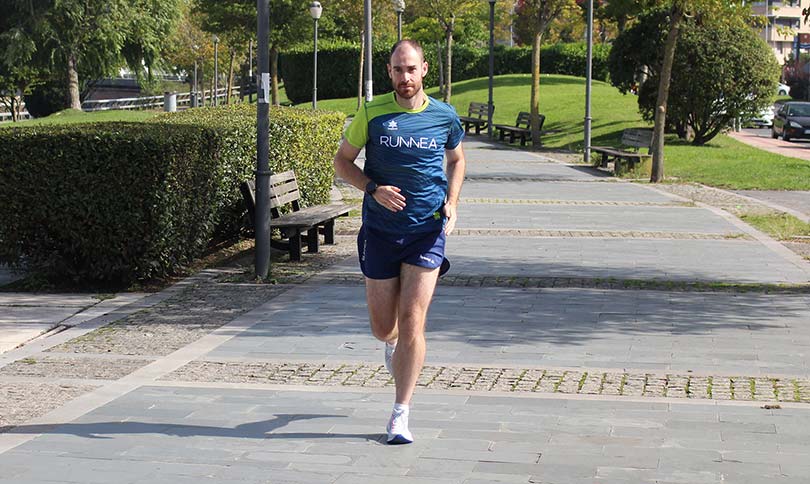
Mental Necessity
Although we almost always talk about physiological and training aspects, the mental aspect also has a lot to say on this subject. It may be the case that we are runners who enjoy the process of rest, so that we need not to do any physical exercise the day after a race.
This is not a physical or organic need, but an aspect that affects mental well-being.
It is also common to find male and female runners who find it good to do a training session in the form of running the day after participating in a race. In addition to the psychological need to get the body moving, there is also the well-being that can be generated by loosening up the muscles after a physically demanding competition. It is usually athletes with a higher level of performance or experience who opt for this type of post-race running.
Distance can give us the definitive answer
By now, you see that going out for a run the day after a competition is a very personal aspect, which depends on both physical and mental factors. Therefore, the choice is also very particular to each runner. However, there is one aspect that can give us useful information about adopting one type of routine or another. This is the competition distance.
The longer the distance, the greater the impact that a race has on our muscle fibers and energy reserves. To hit the nail on the head, let's group racing distances into 3 groups:
- 5k and 10k
- Half marathon
- Marathon
As for the distances in the first group, we can say that they are "short" enough to allow us to train the next day without any problems. Unless we end up with excessive fatigue, a low intensity training session the next day will help us to oxygenate the muscles and eliminate any waste elements that may still exist in our body. The duration of 30 to 60 minutes will not cause a complete depletion of our glycogen stores, which are recharged approximately 24 to 48 hours later. Training will therefore not be detrimental.
As for the half marathon, we believe that the determining factor may be in the experience. If it is our first time or we have not yet mastered the distance, it is likely that the energy expenditure and muscle destruction will be considerable. In this case, it may be worthwhile to rest the following day. On the other hand, more experienced athletes who have mastered the 21.097 km may be able to run the following day, taking care not to do sessions of excessive duration.
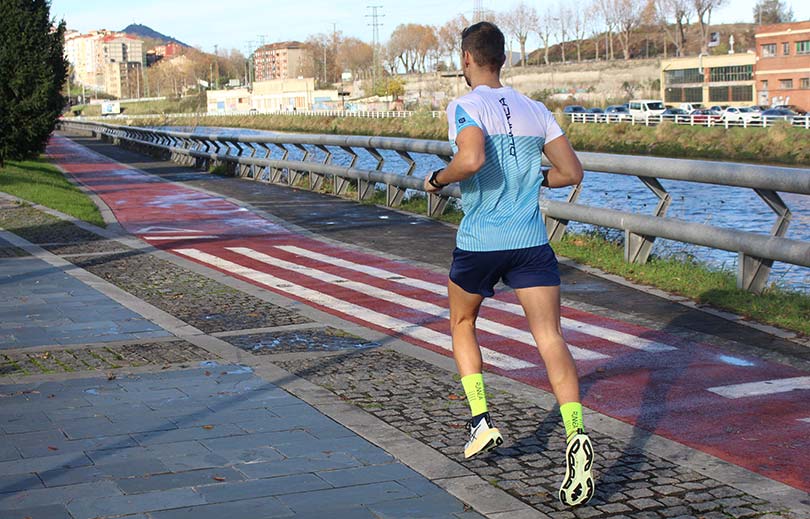
If you are one of those people who have shown the ability, strength and, why not say it, the fortune to cross the finish line of a marathon, you will know the high levels of physical fatigue caused by the distance. With few exceptions, running the day after the marathon is not recommended because the body requires a much longer period to regenerate damaged tissues and recover energy reserves of glycogen and fat.
A complete rest, a walk or a short non-impact activity are the best options the day after a marathon.
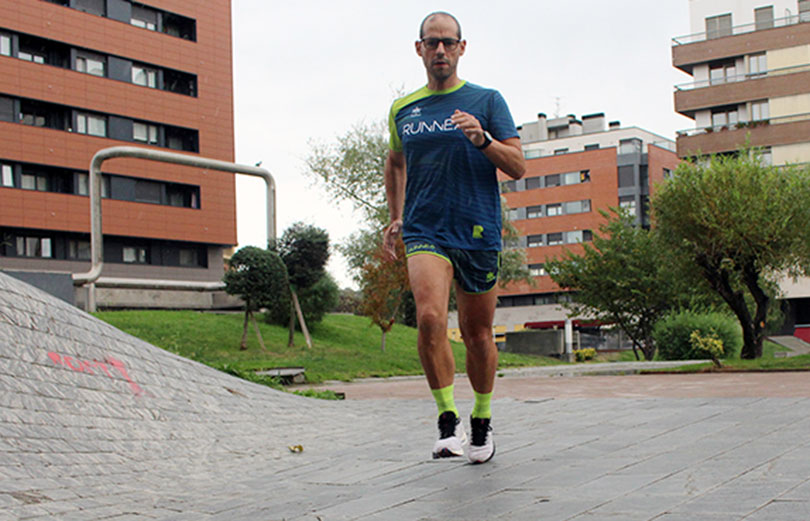
Last indications
Although in certain circumstances, such as after a half marathon or a marathon, it is advisable not to run, it does not mean that we have to rest completely. Performing a non-impact activity such as cycling, swimming, exercise bike or elliptical machine are great ideas to speed up the recovery process, increasing blood flow and oxygenation in the most affected areas. But eliminating impact doesn't mean we don't have to limit the duration.
A post-competition activity of around 30 to 60 minutes will be more than enough.
Finally, as we have already mentioned, we should never include a medium or high intensity session the day after a competition. Although we may have a perception of full recovery, it is more than certain that our body still needs to recover. The easiest option, and one that never fails, is to do a run that does not exceed one hour in duration and where the pace is lower than our usual runs, at least 10-15 seconds per kilometer slower.
Read more news about: Running Training
